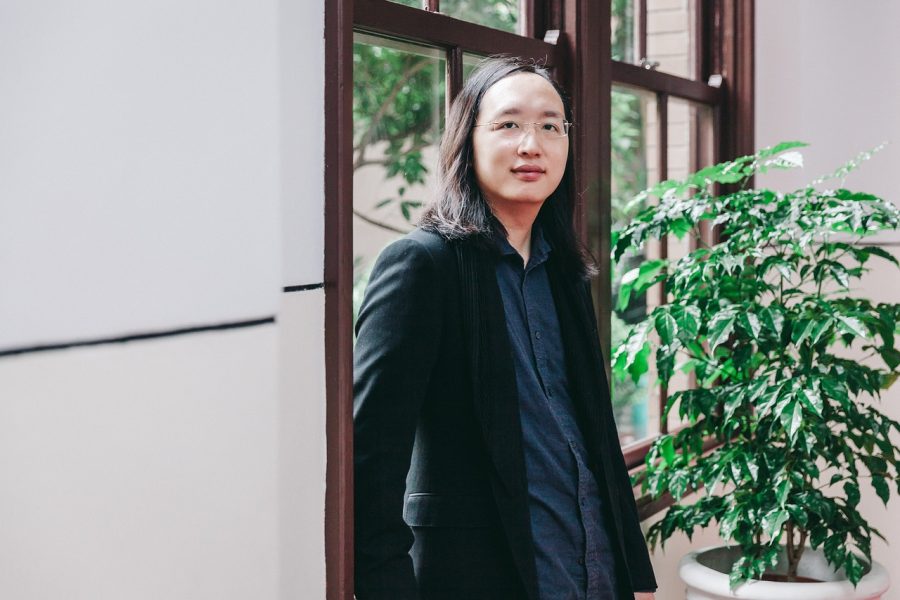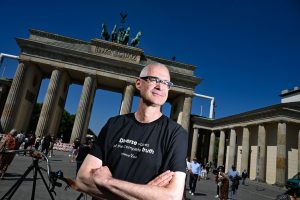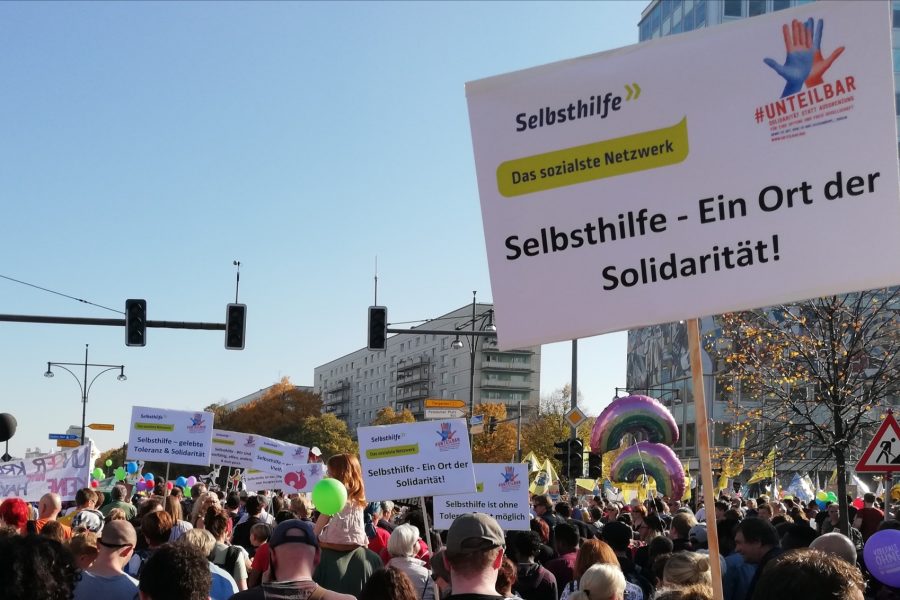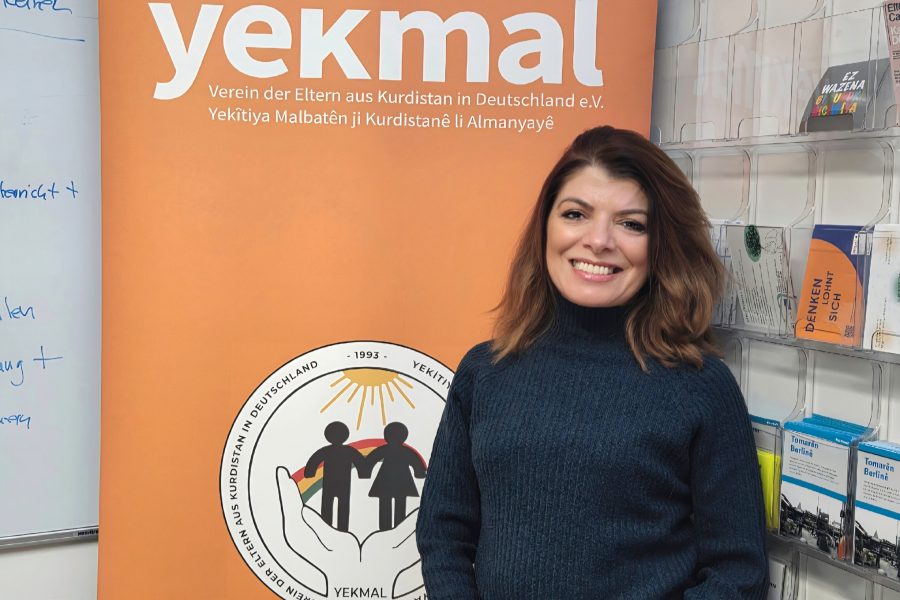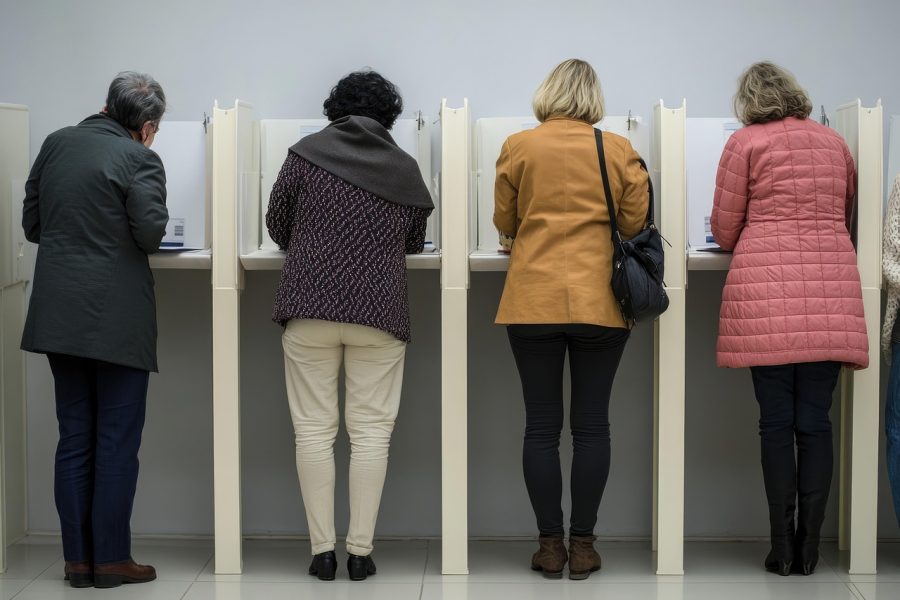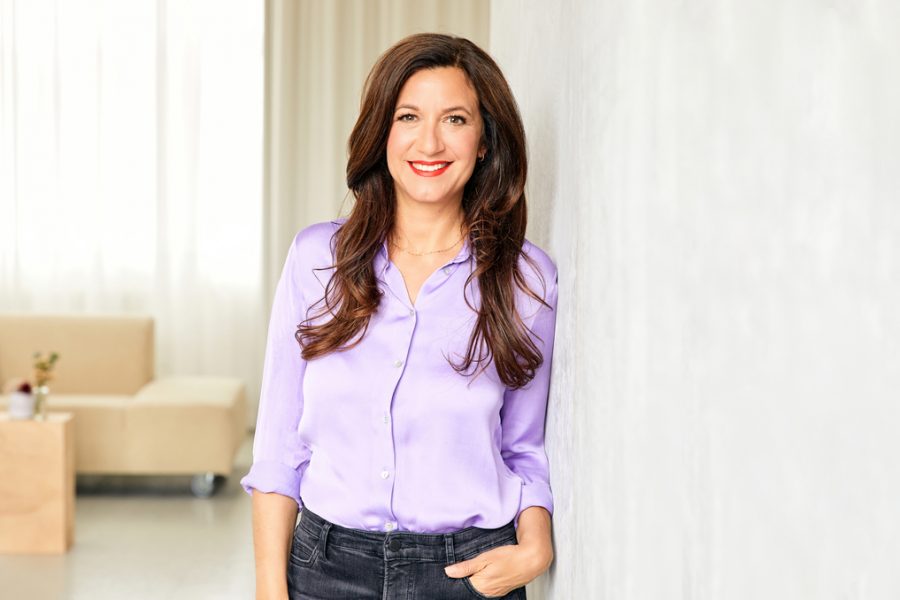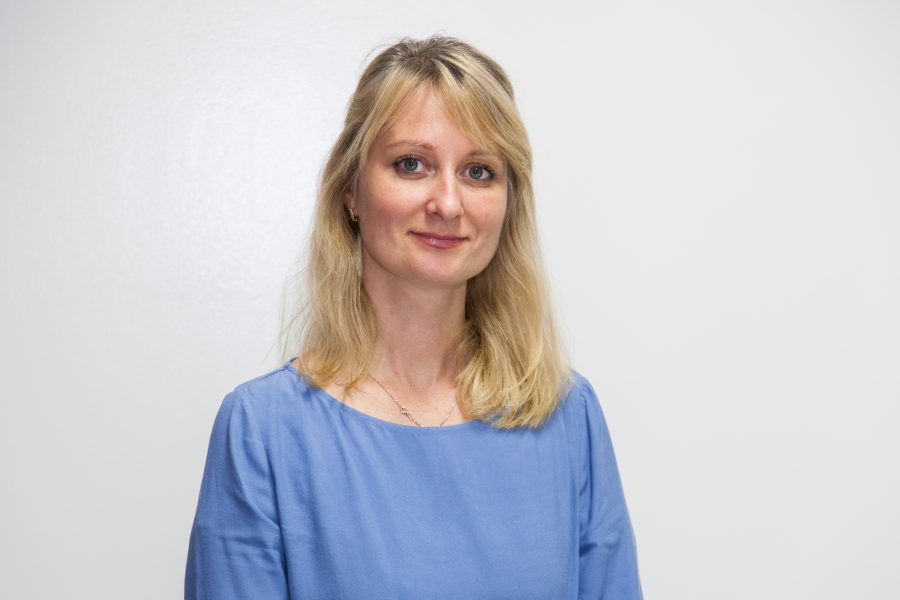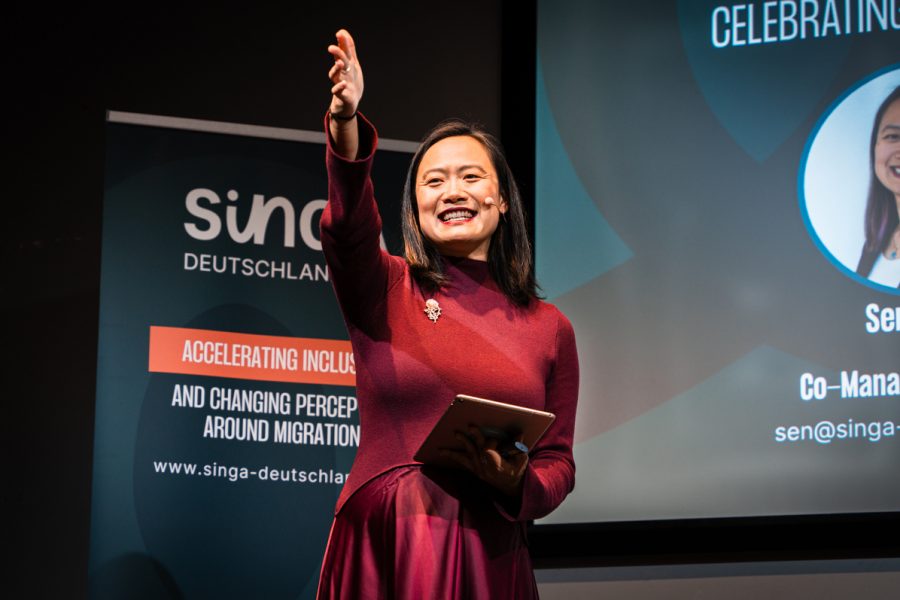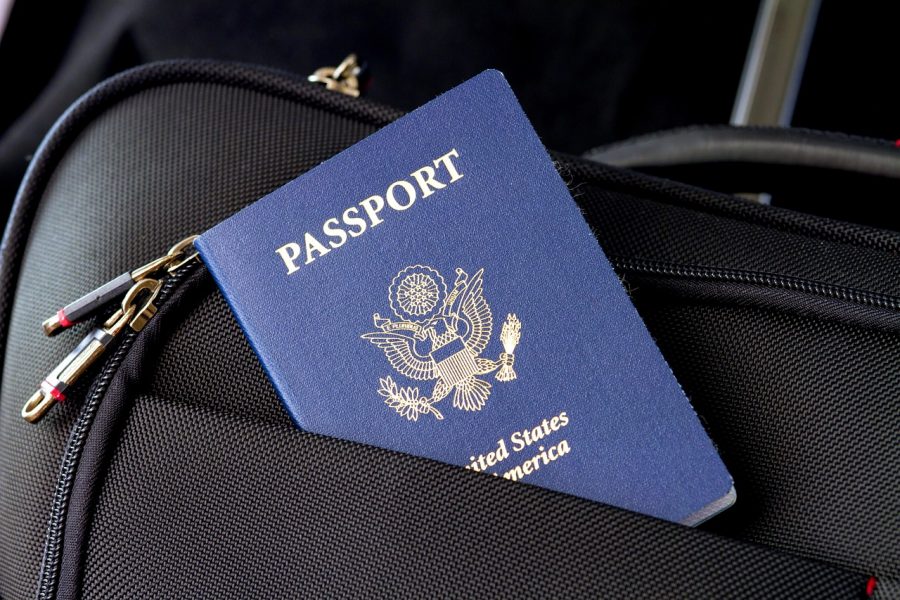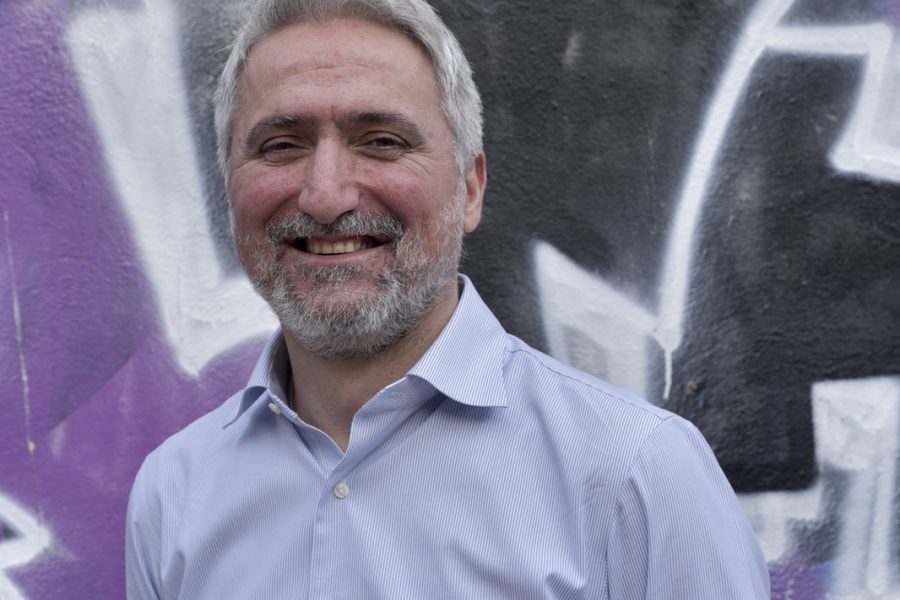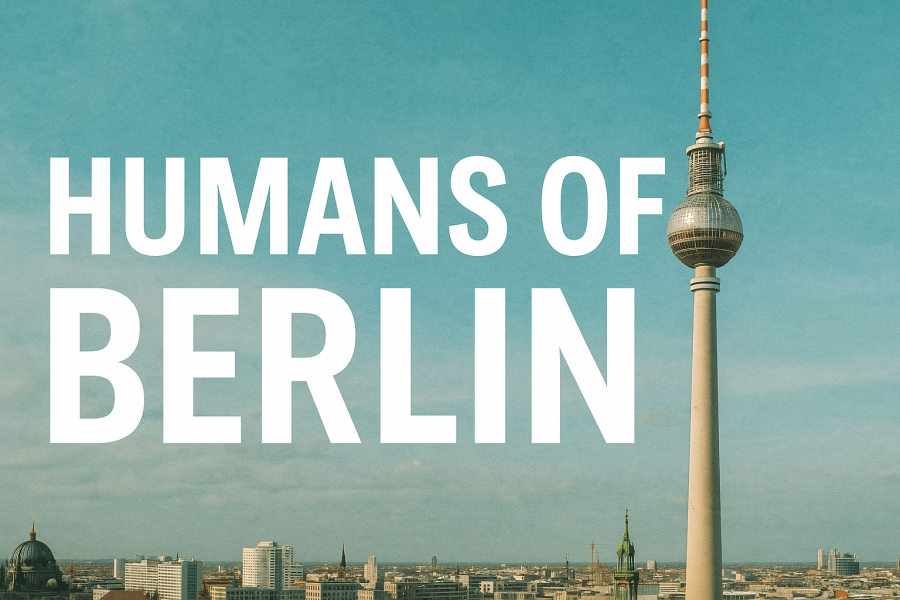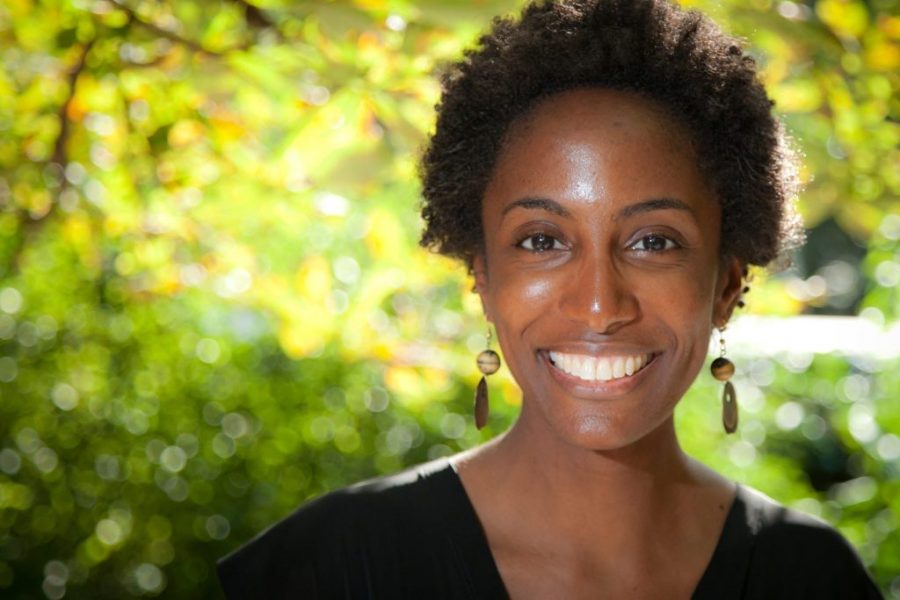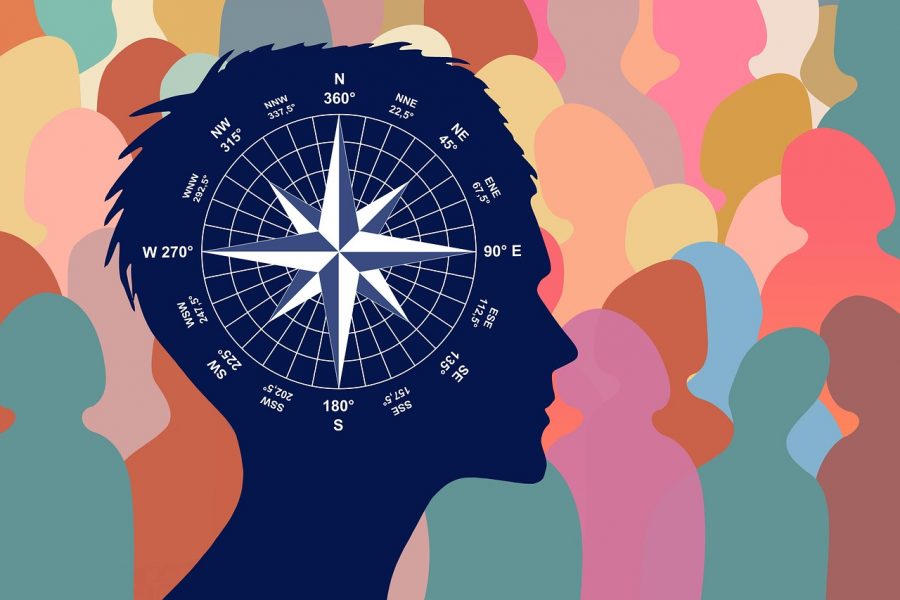“The engine behind reshaping democracy has been young people and immigrants,” Audrey Tang – Taiwan’s Cyber Ambassador and first Digital Minister – told me. I was fortunate enough to meet Audrey at the Berlin Freedom Conference on 10 November. To tell you the truth: Audrey was the main reason I went. Ever since I read the book Plurality last year, I had been waiting for this chance.
We often say that Germany is one of the most developed democracies on the planet. But this is certainly not true when it comes to using technology for democratic processes. Taiwan, however, is a place we could learn from enormously – if we want to.
If you’re wondering, here are two concrete and fascinating examples, based on Audrey’s keynote:
Uber
“So ten years ago, when the ride-sharing app Uber came to Taiwan, it triggered intense conflict in various segments of our society. But we used Polis (pol.is), a bridging system, to map where people actually agreed, like a group selfie. And in just three weeks, we turned the conflict into policy options that everybody could live with. Not the left-wing, not the right-wing, the up-wing consensus. And today, that algorithm is already widely used around the world as community nodes.”
Deep fakes
Another example: What did Taiwan do against deepfake scams? Audrey explained:
“We sent 200 000 text messages to random numbers around Taiwan asking for a citizen’s assembly to deliberate the idea. So 447 people were randomly selected, representing the same demographics as the Taiwanese population, in rooms of ten, facilitated by an AI. We told each of those 45 rooms: ‘You have to come up with an idea that resonates with the other nine people in that video room in order for it to be considered’. One room said, ‘Let’s label all advertisements prominently until it’s digitally signed off by somebody’. Another room said, ‘If somebody lost 7 million to an investment scam advertisement that’s not labelled, let’s make them fully liable, like Facebook’.
So Facebook has to pay that 7 million dollars in damages if it runs unsigned advertisements. Very good idea. Another room noted that TikTok, at the time, did not have a Taiwan office – ‘For every day they ignore our rules, let’s slow down the connection to their video by 1%, but not censor them’.
So basically, those ideas get woven together by a language model, a small language model, and at the end of the day everybody votes on it. So of those 447 people, more than 85%, regardless of demographics, agreed. The other 15% could live with it, and considered it quite legitimate. That was last March, and by May we passed the amendment on the Digital Signature Act. By July, we passed an anti-fraud law. And this year, these deep scams have disappeared. Advertisements intended for fraud is down by more than 90%.”
These examples show beautifully how 21st-century democracy can work – what co-creating structures means, how participation can evolve, and why elections alone are not the only element of a functioning democracy.
If you feel that we can learn a lot from Taiwan, then we are on the same page.
That’s why I was even more excited to hear Audrey’s “6-Pack of Care” – six simple principles:
- Listen to people – not only the powerful, but the small and overlooked.
- Keep promises – not vague ideas soon abandoned, but clear commitments with consequences.
- Check the process – not “just trust us lol,” but transparency and fast community feedback.
- Check the results – not useless metrics, but measures designed by and for the community.
- Aim for win-win – not mutually assured destruction, but solutions where all sides benefit.
- Be as local as possible – not one-size-fits-all, but a variety of solutions for a variety of communities.
Simple. Logical. Easy to remember. And deeply meaningful.
I love the profound optimism that Audrey carries. She once learned a difficult lesson about urgency, and since then she has documented everything she learns each day.
“If we publish perfection, it only invites applause. But imperfection invites participation. Our cracks open space for collaboration. As Leonard Cohen sang: ‘There’s a crack in everything — that’s how the light gets in.’ For democracies, that is key. We must publish our process, not just our final policy. Show the how and why — so people can see it — and turn critics into co-creators.”
Since Simon Sinek’s famous Golden Circle TED Talk, we always search for the why. And yet we often jump to the what. We give easy answers for why: for democracy, for our values… — all true.
But what really matters now is how we do things.
That is priority number one: changing how without needing to change why or what.
This is exactly what the 6-Pack of Care is about – and why it matters so much.

